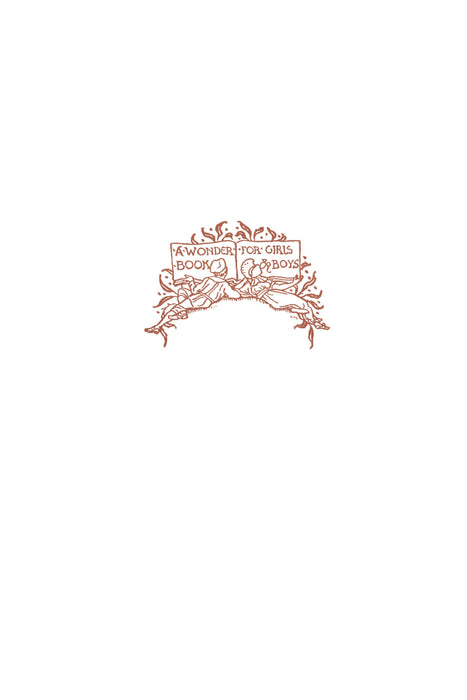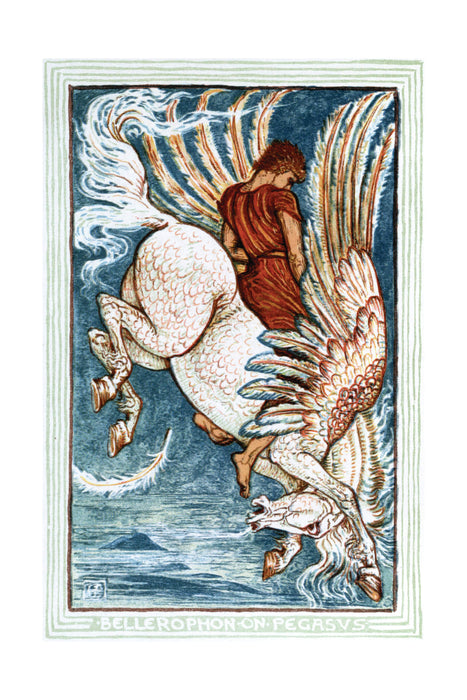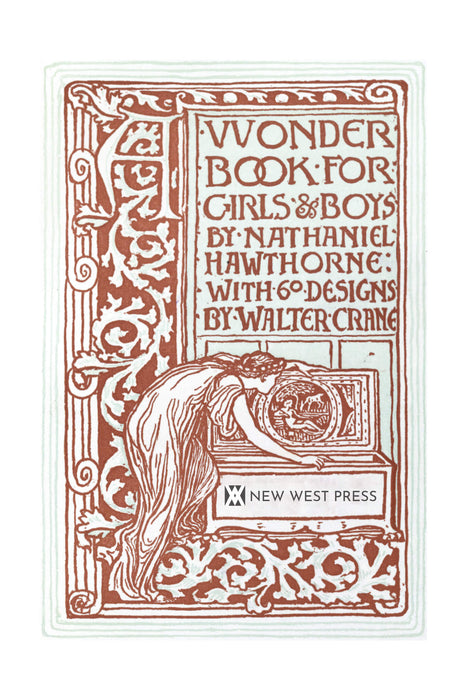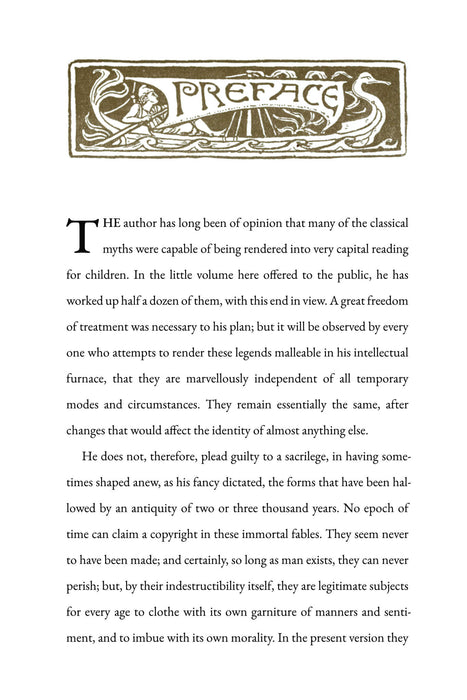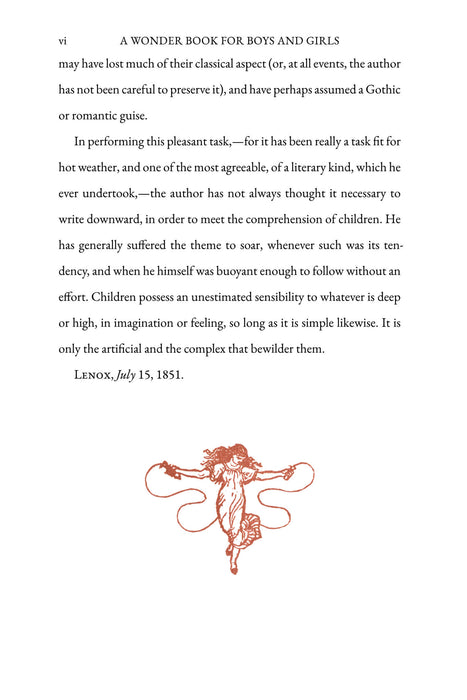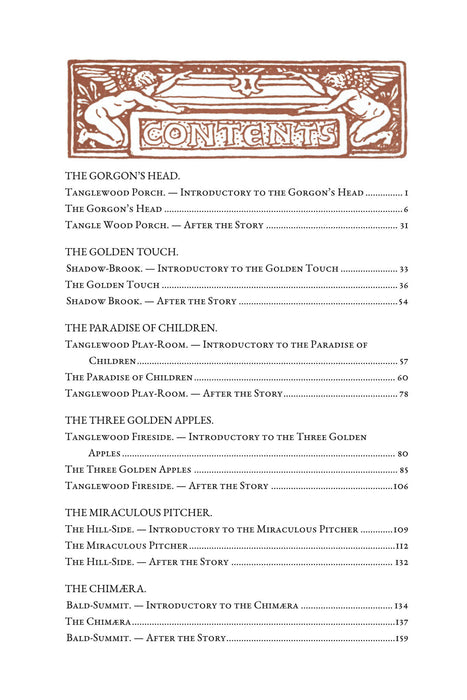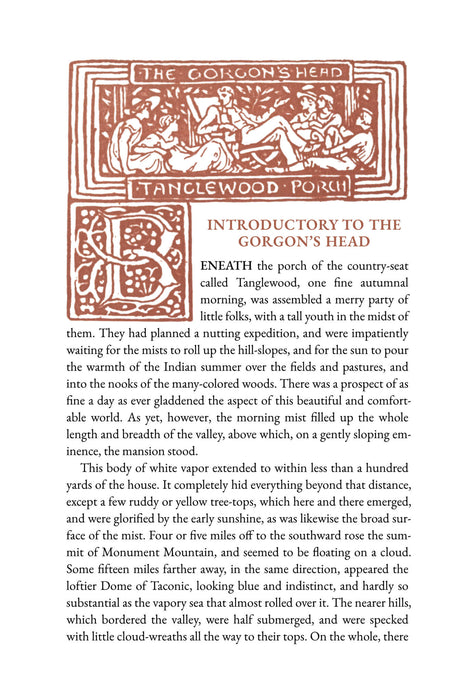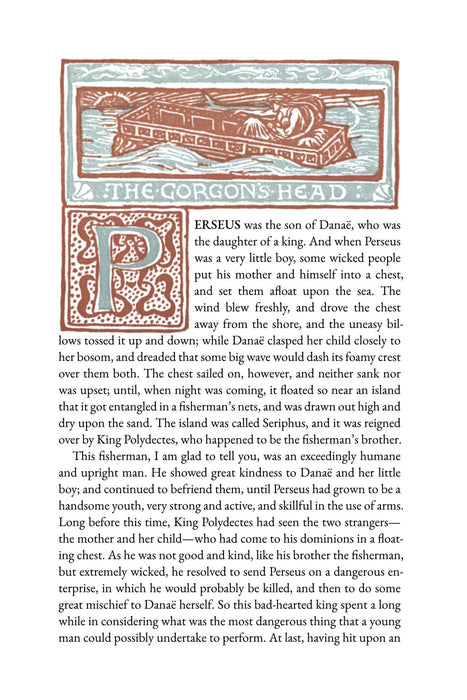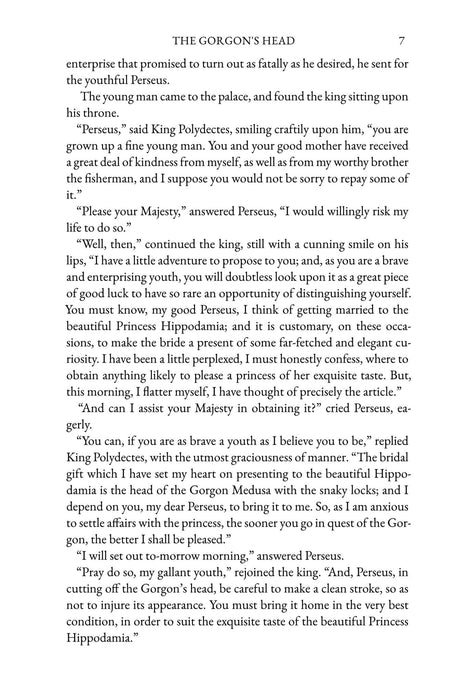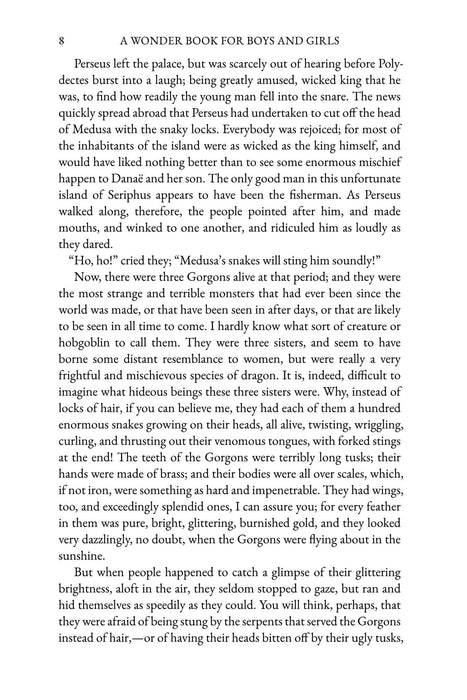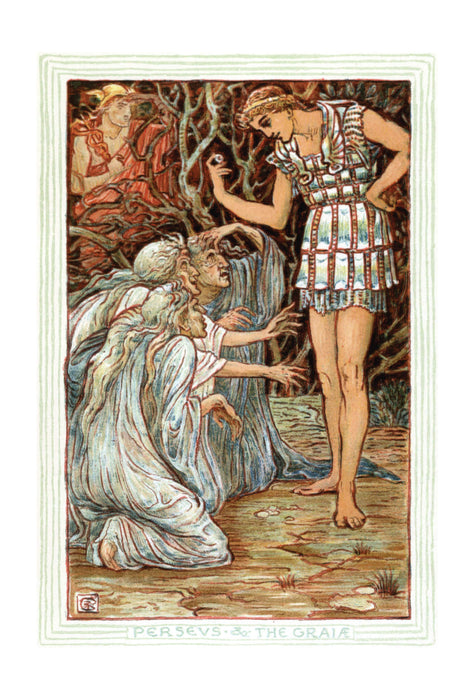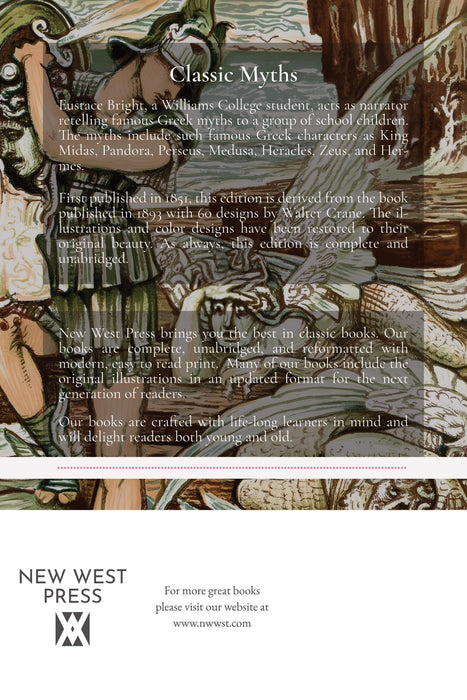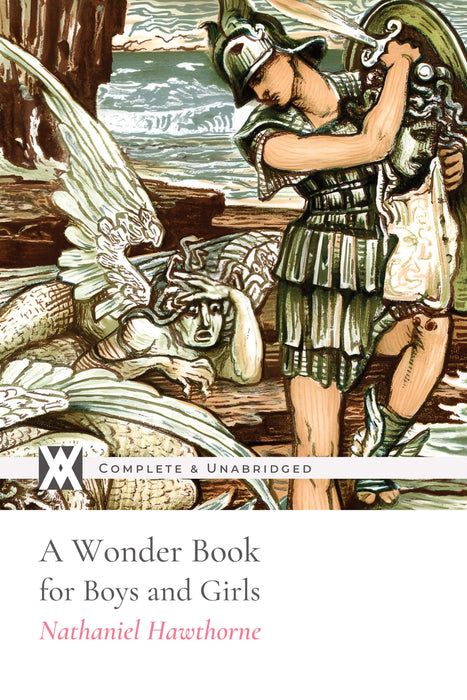
A Wonder Book For Boys And Girls
Original price
$7.99
-
Original price
$13.99
Original price
$7.99
$7.99
-
$13.99
Current price
$7.99
Author(s): Nathaniel Hawthorne
Illustrator(s): Walter Crane
Translator(s): None
Book Size: 6" x 9"
Pages: 170
Font Size: 12pt
ISBN: 9781649659729
ASIN: 1649659725
A Note About Amazon Reviews
Amazon aggregates product reviews for books. This results in many unrelated reviews beneath our editions on Amazon.
Please ignore those reviews and photos referencing small text, poor formatting, spelling, photocopies, etc. Those reviews are not for our editions.
If you enjoy our books, please consider leaving a review on Amazon as this will assist future readers and reduce the visibility of unrelated reviews.

About the Author

